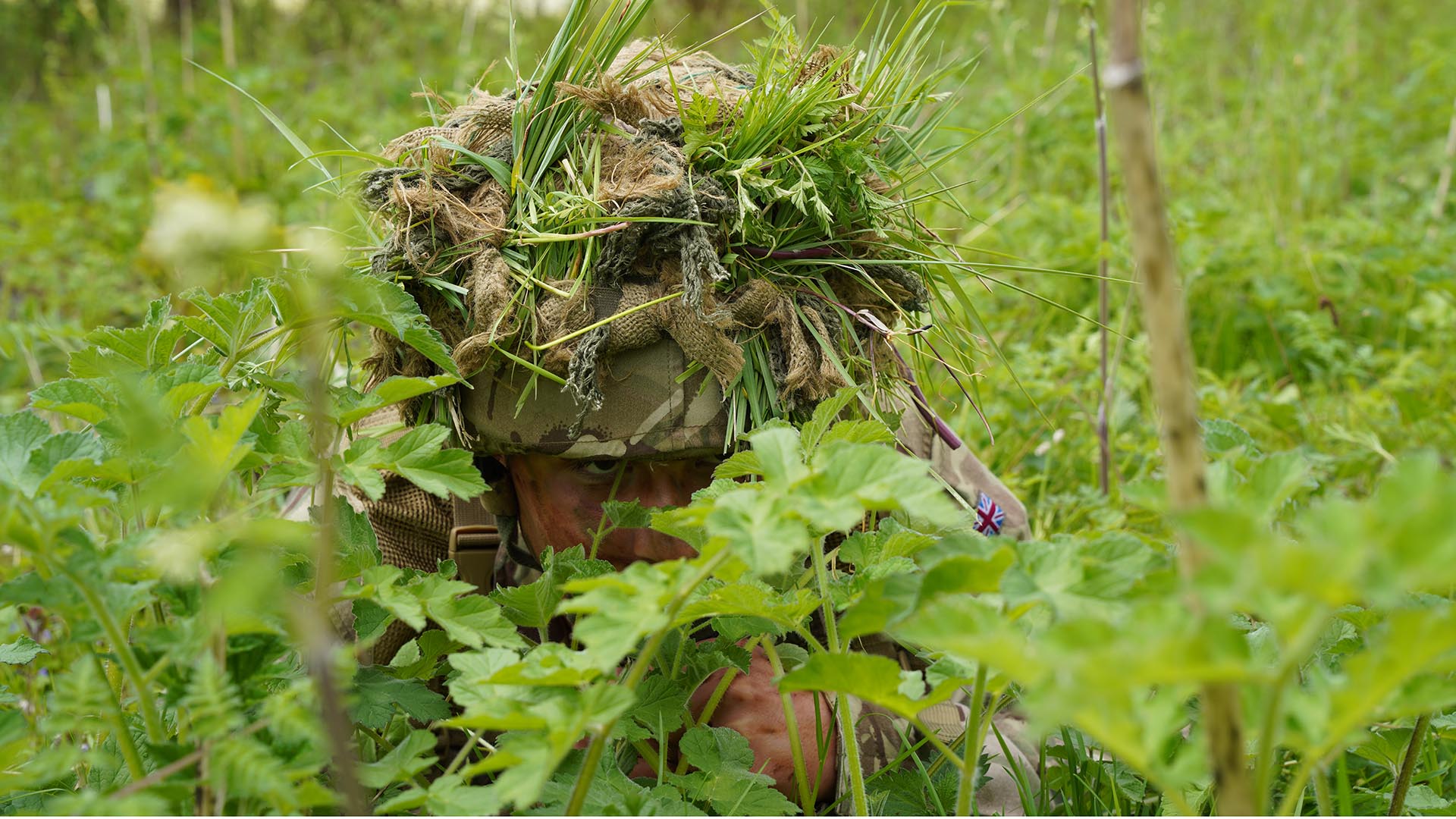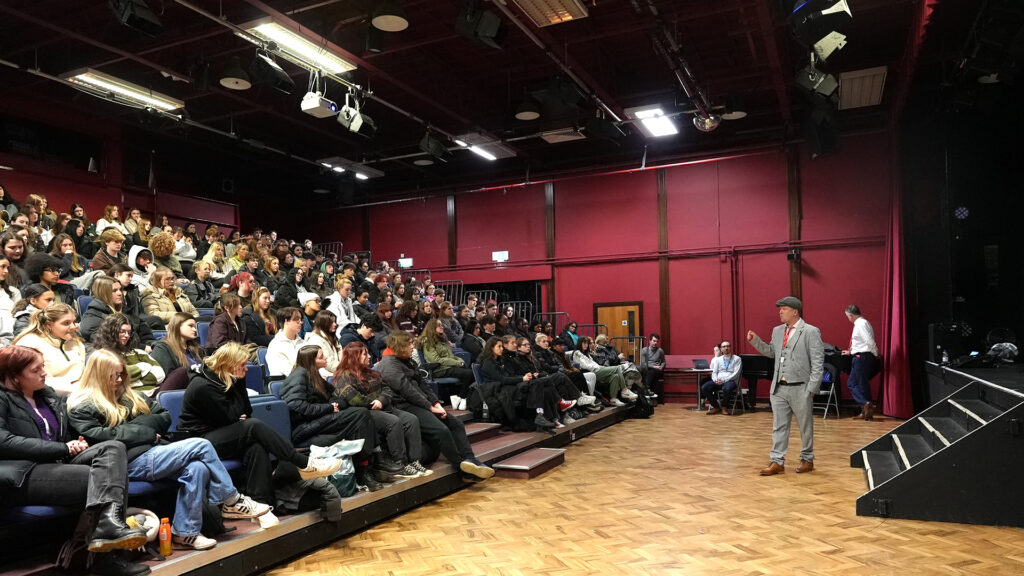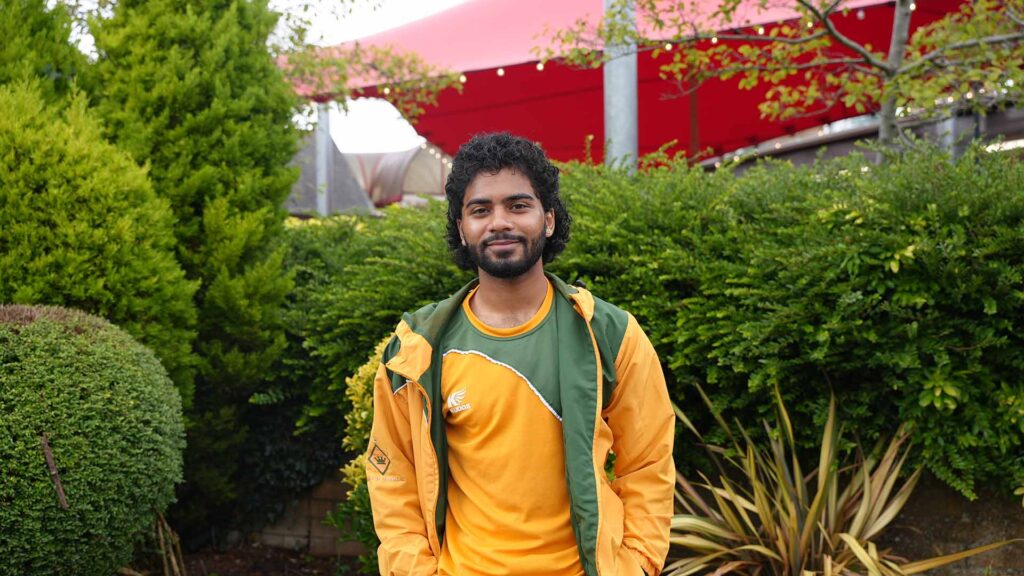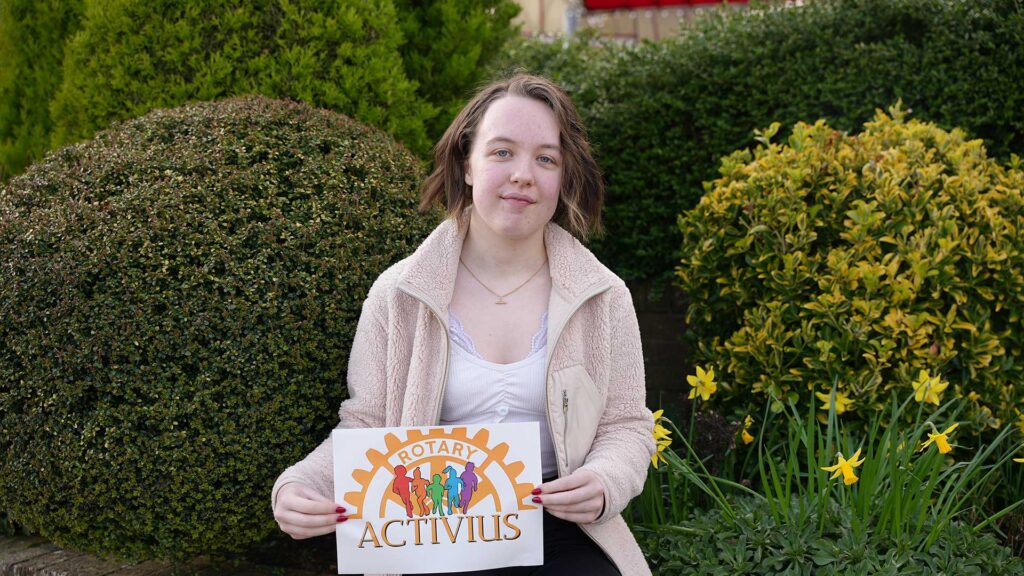DO NOT DELETE OR EDIT THIS ROW OR ITS CONTENTS

Ever wanted to explain other people’s behaviour or even your own? Unsure about how we can know for sure what another person might be thinking? Considering a career in psychology, counselling, social care, mental health or in supporting people in general? This could be the course for you. This course provides you with a starting basis for the applied psychology sector by focusing on up to date theories and including the knowledge, understanding, skills and attributes required to succeed in the sector. Crime and Environmental Psychology focuses on areas such as; environmental stressors and their impact on our biological responses. Biological rhythms and the impact of their disruption on our behaviour. Conservation behaviours and the factors which influence the tendency to conserve or recycle, cognitive overload and the impact of observation in the workplace environment. The impact of built environment and urban renewal on our wellbeing and territory and personal space in the workplace.
What will I study in Psychology (Crime & Environmental Psychology) A-level?
When studying A-Level Psychology you will delve into the forces that drive and determine human behaviour. You will study some of the most important and interesting research from around the world. In your first year, you will look at a range of different areas helping to explain behaviour and apply what you have learned to real life situations; for example, how eyewitness testimony can be affected by the wording in a question, and factors that influence whether someone helps in an emergency situation. In your second year, you will have the opportunity to study issues in mental health such as psychological disorders, criminal psychology and one other elective module, either sport, child or environmental psychology. Through studying Psychology you will learn important transferable skills such as analysis and evaluation and have access to a range of different trips and work experience, which will require you to apply your knowledge and develop your skills further.
There are three components/modules taught over two years. All of these modules are assessed by exams at the end of the second year.
- Component 1 – Research Methods (30%, 2 hour exam)
- Component 2 – Psychological Themes Through Core Studies (35%, 2 hour exam)
- Component 3 – Applied Psychology (35%, 2 hour exam)
Component 1 – Research Methods
This module encourages students to become familiar with four techniques for collecting and analysing data: self-report, experiment, observation and correlation.
Component 2 – Psychological Themes Through Core Studies
This module allows students to explore different approaches to explaining behaviour including the physiological, cognitive and social approaches through studying ten pairs of key psychological studies, one classic and one contemporary study.
Component 3 – Applied Psychology
This module allows the exploration of specific areas of Psychology that students may wish to specialise in. All students will study mental health and forensic Psychology.
Mental Health Psychology includes the history of mental health; categorising abnormal behaviour; as well as the biological, behaviourist and cognitive explanations and treatments of mental health disorders.
Forensic Psychology involves studying Psychology in application to the law including reasons why people turn to crime such as biology, the collection and processing of forensic evidence; the collecting and processing of evidence provided by witnesses and suspects; factors that affect jury decisions and the effects of imprisonment. Students will then be required to choose one of the following modules to study: sport, child, or environmental psychology.
Environmental psychology focuses on areas such as; environmental stressors and their impact on our biological responses, biological rhythms and the impact of their disruption on our behaviour, conservation behaviours and the factors which influence the tendency to conserve or recycle, cognitive overload and the impact of observation in the workplace environment, the impact of built environment and urban renewal on our wellbeing and territory and personal space in the workplace.
Entry Requirements
At least five GCSEs at Grade 4 or above all from the basket subjects, including Maths at Grade 5.
How will I learn?
We use a wide range of strategies to get you involved and deepen your understanding. These include traditional lecturing and note-taking, research and presentation, mind-mapping, discussion, games, quizzes and peer learning. You will be expected to think for yourself and be proactive in your learning!
How will I be assessed?
Assessment is through an examination at the end of the course although you will be assessed through a variety of methods during the course (including recap tests, discussions and presentations) to prepare you for these exams.
Component 1 – Research Methods (30%, 2 hour exam)
Component 2 – Psychological themes through core studies (35%, 2 hour exam)
Component 3 – Applied psychology (35%, 2 hour exam)
Any trips?
You will have the opportunity to attend a number of trips as an A-Level Psychology student. The trips are not compulsory but will help you to extend or apply the knowledge that you are gaining in the classroom. Recent trips include:
- Gloucester Prison - a tour and a talk from a prison officer
- Clink Restaurant - a visit to a restaurant that aids in the rehabilitation of offenders
- Various university trips including the University of Worcester and the University of Gloucestershire
Are there any costs involved?
You should expect some small costs for course booklets and stationery
FAQs
No the syllabus includes an introduction to the topics, no prior knowledge is needed
Although Psychology is often considered a scientific subject, the maths element of the course is not too challenging, but it is preferable that you have gained a higher grade pass in GCSE Maths. The maths included is linked to data analysis.
If you are considering studying Psychology at degree level you should be aware that some universities require a grade 6 in GCSE Maths. You should check entry requirements with individual universities.
If you are not also studying A-Level Maths, taking L3 Mathematical Studies (Core Maths) could be a useful option to help support the work done in A-Level Psychology. This is a one-year course that you would take alongside your other 3 subjects, with exams at the end of your first year. Taking this would help to reinforce the data analysis work done in Psychology, giving you further practice in displaying and interpreting data in graphs such as histograms and scatter graphs, and calculating and comparing averages and measures of spread including standard deviation. You would also get further practice of the Normal Distribution, both to estimate probabilities and find confidence intervals of a population’s mean. Core Maths also looks at critical analysis, Fermi Estimation and personal finance.
Awarding Body
OCR
Available As
[56 UCAS pts. available]

Add to Application
What can I do after I have taken this course?
Available As
[56 UCAS pts. available]

Add to Application

DO NOT DELETE OR EDIT THIS ROW OR ITS CONTENTS



















